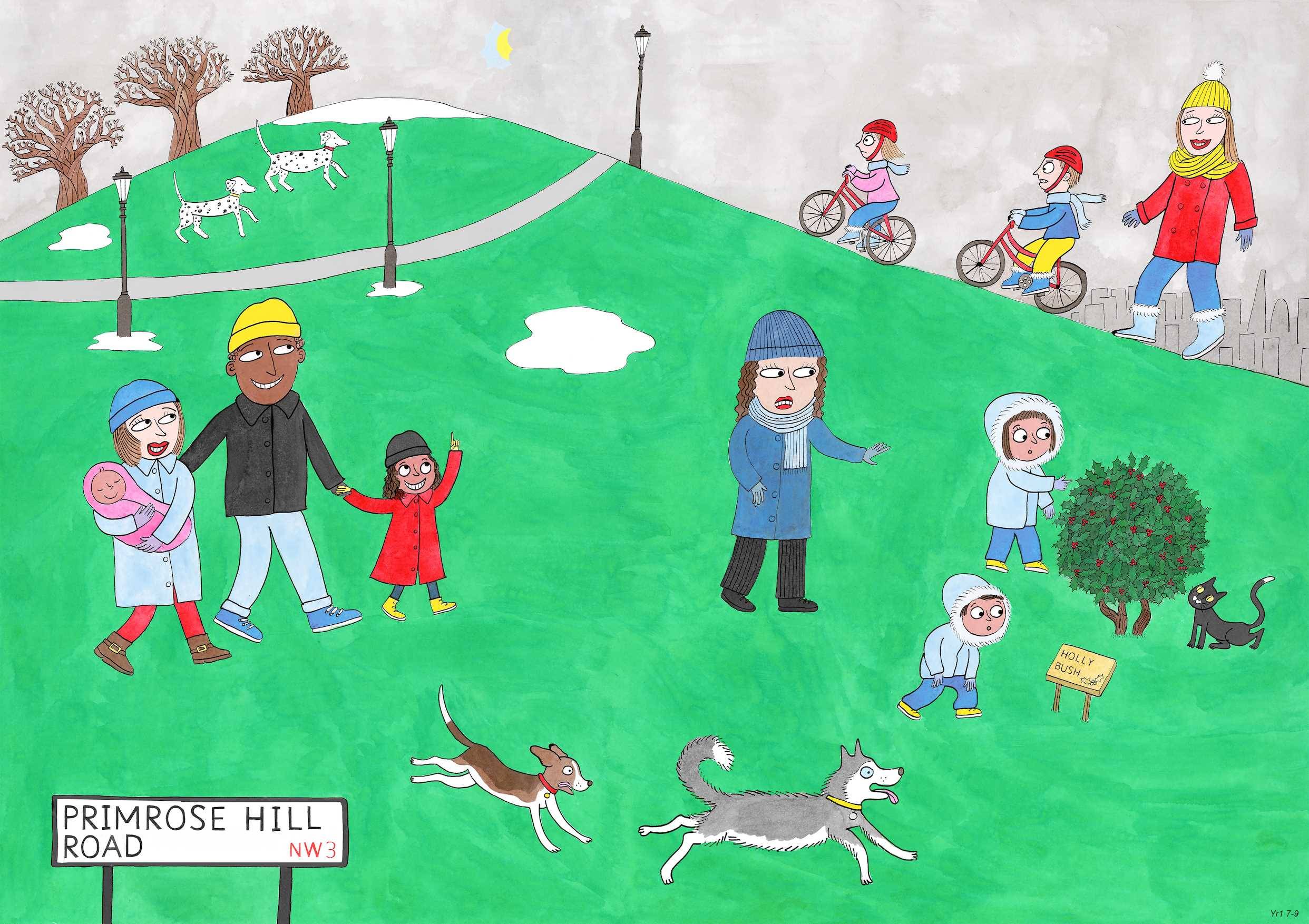Perseverance
Year 1: When things are difficult I can persevere.
Core story
The Shoe Lady, written for Floreat (See Y1 Perseverance ) When Ranya Kelly went behind the back of a shop in search of a cardboard box she found hundreds of shoes being thrown away! Ranya knew plenty of families in her town who couldn’t afford to buy new shoes, even though they really needed them – and these shoes were going straight in the bin. Ranya collected up the shoes and gave them to a community centre. When the manager found out what she was doing he was angry and started to deliberately ruin the shoes before he put them out. Ranya was sure giving to those in need was the right thing, so she persevered, and continued to work even harder to fix the shoes and get them to those in need.

Drawing out the virtue
This story provides a wonderful role model for perseverance. Talk about the points when Ranya might have given up, and what justifications she might have found to give up.
Usually people give up because they start thinking the reason they’re struggling is personal ie. they are to blame or not good enough; they think that the situation is permanent and will never change; and is pervasive ie. the difficulty is not specific to that situation but affects other parts of life too. Was Ranya right to persevere?
Activity 1: Changing our thoughts
Ask pupils to describe how it feels when something is too difficult or something doesn’t go the way they hoped the first time ie. Sad, angry, frustrated, cross. In that case it is no surprise that we get frustrated and want to give up! Explain to pupils that we can use our thoughts to help us to persevere and bounce back.
Look at the PowerPoint Y1 Perseverance. Ask pupils to say how they could think about these setbacks in a way that helps them to persevere. The PowerPoint also contains examples of the kind of encouraging language to use in these situations.
Activity 2: Magic Smarties
Put Smarties on a plate and tell pupils that eating a yellow Smartie means you will never make any mistakes at school and will get everything right. Allow children to choose and eat a Smartie of their own choosing. Discuss - was this a difficult decision? Imagine what it would be like never to make any mistakes, would playing football be fun if you always scored a goal? Would puzzles and quizzes be enjoyable if you always knew the answer?
At the end of the discussion, tell pupils they can have another colour as the antidote.
|
Classroom language
|
Sayings
|
|
You have persevered with that, even though it was difficult at first.
If you’re not struggling then you’re not learning anything new!
Hard problems are the most fun.
|
“I think I can. I think I can!” from The Little Engine that Could by Watty Piper (reception).
“Just keep swimming, just keep swimming” from Finding Nemo.
|
Library books
The Fox and the Grapes, Aesop's Fables
The Velveteen Rabbit by Marjorie Williams